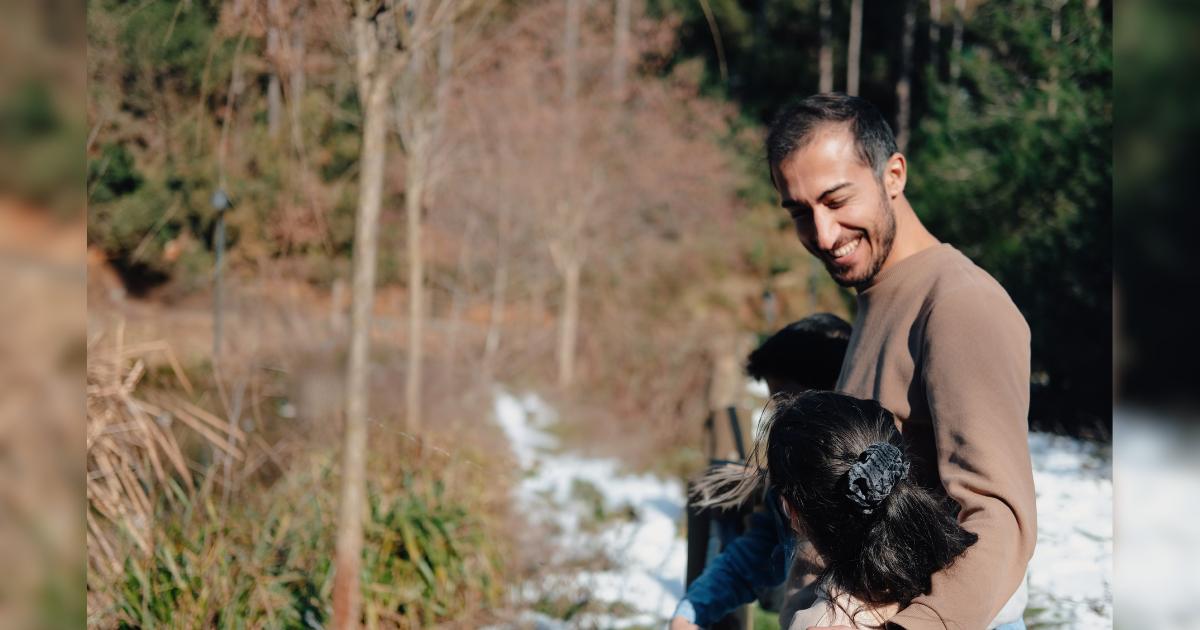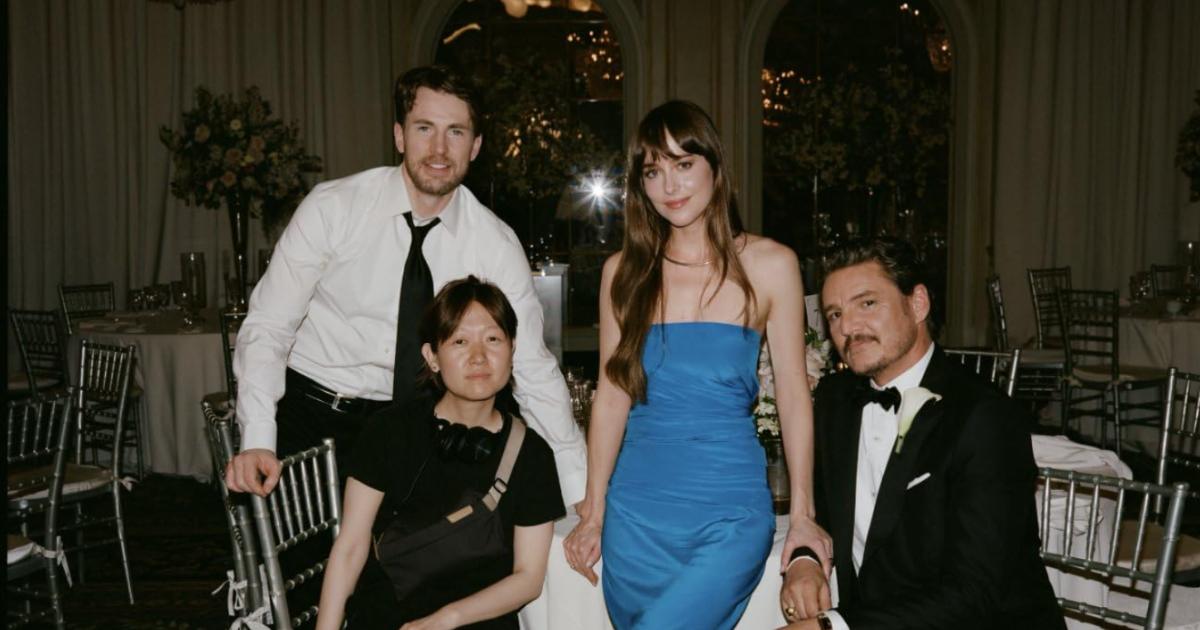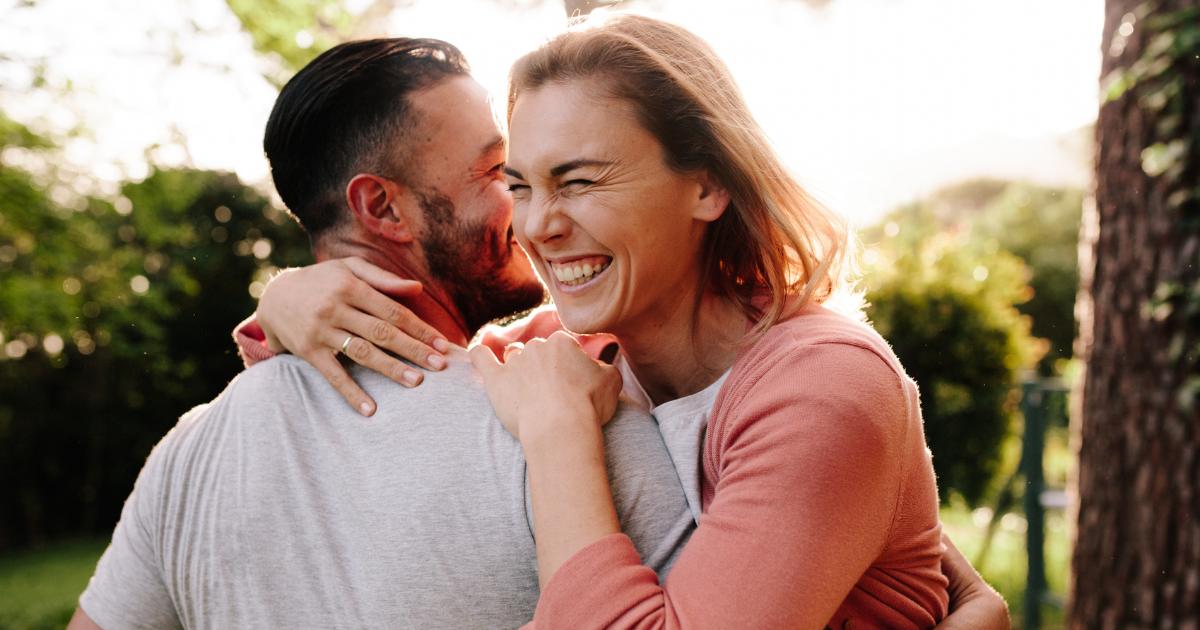What to Do After an Awkward First Date
We’ve all been there: the first date that didn’t quite go as planned. Maybe there were awkward silences, forced conversations, or you just didn’t click with the other person. But don’t worry—an awkward first date isn’t the end of the world.
If you’ve just had an awkward first date, you might be wondering what to do next. Don’t worry—awkwardness happens to everyone! Here’s how you can handle it gracefully and decide your next steps.
Give Yourself Time to Reflect
After an awkward first date, it’s easy to feel discouraged. Take a moment to reflect on what happened. Ask yourself:
- What happened that felt awkward? Did it affect the whole date, or just a moment?
- Was it really as awkward as it seemed, or are you being hard on yourself?
- Did you feel nervous, or was there something amiss?
Allow yourself some time to think about the date objectively without jumping to conclusions. This reflection can help you gain clarity on whether it was just a one-time awkward moment or a sign that you might not be compatible.
Don’t Over Analyze Every Detail
It’s natural to replay the date in your mind and over analyze every little thing.

Overthinking can make you feel worse and create unnecessary stress. Instead, accept that awkward moments happen to everyone. It’s part of dating! Focus on the overall experience rather than nitpicking every detail of your conversation, what you wore, their body language, etc., etc., etc. Remember, the other person might be feeling just as awkward as you are.
How to Stop Overthinking
Limit the replay: Set a time limit for how long you’ll allow yourself to think about the date. After 10-15 minutes, move on to a different activity.
Talk it out: Sometimes discussing the date with a friend can help put things in perspective. Choose someone who will listen without judgment and offer supportive feedback.
Keep busy: Engage in activities that take your mind off the date. Exercise, read, watch a movie, or spend time with friends. Distracting yourself can prevent overthinking.
Journal your thoughts: Writing down your thoughts can help release them. Reflect on what went well and what didn’t but focus on what you can learn from the experience rather than dwelling on it.
Decide If There’s Potential for a Second Date
Not all first dates lead to second dates, and that’s okay. After reflecting, ask yourself if you’re interested in giving it another shot.
- Were there moments of connection amidst the awkwardness?
- Can you see yourself enjoying this person’s company with the initial nerves out of the way?
If the answer is yes, suggest a low-pressure second date—something casual and fun, like a game night or a walk in the park.

How to Gauge Your Potential
- List pros and cons: Write down what you liked and didn’t like about the date. This can help you see if there’s more positive than negative.
- Think about your deal-breakers: Consider if the awkwardness was due to a fundamental incompatibility or just first-date jitters.
- Consider how you felt: Did you feel curious to learn more about them? Or were you more relieved when the date ended? Your feelings are a good indicator of whether there’s potential.
- Choose a relaxed setting: If you decide on a second date, pick an environment where you both can be comfortable. Avoid places that might feel too formal or high-pressure.
Reach Out Honestly (If You Want to)
If you’re still interested in getting to know the other person, consider reaching out to them with honesty.
A simple message like, “Hey, I had a good time meeting you, even though the date was a bit awkward. I’d like to get to know you better if you’re up for it,” can break the ice. Being genuine and acknowledging the awkwardness can show your date that you’re approachable and willing to move past the initial hiccup.
“Hey, I had a good time meeting you, even though the date was a bit awkward. I’d like to get to know you better if you’re up for it,”
Tips for Reaching Out
Send a light-hearted message: Keep it casual and avoid making it a big deal. Humor can be a great way to acknowledge the awkwardness. For example, “I promise I’m more fun on second dates. Want to give it another try?”
Be clear about your intentions: Let the person know you’re interested in seeing them again. A direct but friendly message helps avoid misinterpretations.
Wait a day or two: Give both of you some time to process the date before reaching out. This shows you’re thoughtful and gives you both space to decide how you feel.
Accept their response gracefully: If they’re not interested in a second date, thank them for their honesty and move on. There’s no need to take it personally.
“I promise I’m more fun on second dates. Want to give it another try?”
Signs Your “Bad” First Date Was Actually Good
Sometimes, an awkward first date isn’t as bad as you think. While you might be focusing on a few cringe-worthy moments, there could have been genuine chemistry beneath the nerves. Here are some signs that your first date was actually better than you realized:
✅ You Laughed Together – Even if there were a few awkward silences, if you shared genuine laughter, that’s a good sign of potential chemistry.
✅ The Conversation Flowed (At Least Sometimes) – Not every first date has seamless, non-stop conversation. If there were moments when talking felt natural, it could be a sign of compatibility.
✅ You Lost Track of Time – Did the date last longer than expected? If neither of you wanted to leave right away, that’s a strong indicator that you were enjoying each other’s company.
✅ There Were Moments of Eye Contact and Engagement – If they maintained eye contact, leaned in while talking, or seemed genuinely interested in what you had to say, it means they were engaged.
✅ They Mentioned a Second Date (or Future Plans) – If your date casually mentioned something you could do together in the future, they likely enjoyed themselves, even if things felt a little awkward.
✅ You Felt a Spark (Even if It Was Small) – Not every first date feels like a scene from a romantic movie. But if you felt a little curiosity, attraction, or warmth, that’s worth exploring further.
✅ They Texted You First (or Responded Positively) – If they sent you a follow-up text after the date, it’s a good indicator they’re interested in seeing where things go.
Dating can be challenging, and not every encounter will be a perfect match. Keep a positive outlook and remember that the right person will appreciate you, awkward moments and all.
Stay open to new experiences and continue to put yourself out there. The more you date, the more comfortable you’ll become, and the easier it will be to handle any awkwardness that comes your way.
Don’t Take Rejection Personally
An awkward first date doesn’t reflect your worth or likability. It simply means that the chemistry wasn’t quite there, or maybe both of you were having an off day.
Dating is about finding a good match, and it’s normal to meet people who aren’t the right fit. Don’t let one awkward date shake your confidence. Keep being yourself, and the right person will come along.
Ways to Avoid Taking Rejection Personally:
- Remember it’s a two-way street. Both people contribute to the vibe of a date. Just because it felt awkward doesn’t mean it’s solely your fault.
- Think of it as a practice. Each date is an opportunity to practice social skills and get to know what you want in a partner.
- Affirm your worth. Remind yourself of your positive qualities. Write them down if it helps. Dating success isn’t a measure of your value as a person.
- Stay positive. Keep an optimistic mindset. The more dates you go on, the better you’ll get at navigating them. Each experience is a step closer to finding a great connection.
Learn and Move On
Every date, even the awkward ones, is a learning experience. Consider what you might do differently next time. Perhaps you’ll pick a different setting, ask different questions, or approach the date with a more relaxed attitude.
Whether you decide to pursue another date with this person or not, use the experience to grow and improve your dating approach. Each date brings you closer to finding the right connection.
Practical Tips for Learning and Moving On
- Reflect on your behavior: Think about how you acted and how you could be more authentic next time. Were you too nervous? Did you talk too much or too little?
- Identify conversation topics: Notice what subjects felt engaging or what seemed to fall flat. This can guide you in choosing better conversation starters in the future.
- Practice self-compassion: Be kind to yourself. Dating is a skill, and like any skill, it gets better with practice. Don’t beat yourself up over one awkward date.
- Set new intentions: Before your next date, set a small goal—like being more present or asking more open-ended questions. Focusing on positive actions can boost your confidence.
Frequently Asked Questions About Awkward First Dates
Should I text first after an awkward date?
Yes! If you’re interested, don’t overthink it—send a simple, lighthearted message. Acknowledge the awkwardness in a playful way:
📱 “Hey [Name], I had fun meeting you! Sorry if I was a little nervous—I promise I’m much cooler on second dates. Want to grab coffee sometime?”
If they respond positively, great! If not, at least you won’t be left wondering.
Is a bad first date a deal-breaker?
Not necessarily! First dates can be nerve-wracking, and sometimes people don’t fully open up right away. Instead of labeling it a “bad” date, ask yourself:
- Did I enjoy their company despite the awkwardness?
- Was there at least a little chemistry or curiosity?
- Could nerves have played a big role in the awkwardness?
If the answer is “yes” to any of these, a second date might be worth trying. However, if you felt zero connection or noticed red flags, it’s okay to move on.
How do I avoid awkward silences next time?
Awkward silences happen to everyone, but here are some ways to keep the conversation flowing:
🎯 Come prepared with a few fun questions – Try asking about travel, hobbies, or funny childhood stories.
🎯 Use the “compliment + question” trick – Example: “I love your taste in music! What’s your go-to road trip playlist?”
🎯 Practice active listening – Instead of thinking about what to say next, truly engage with their answers.
🎯 Pick an interactive date – Activities like bowling, mini-golf, or walking at a park naturally create conversation starters.
🎯 Embrace the silence – A short pause isn’t the end of the world. Take a sip of your drink, smile, and let the conversation breathe before moving forward.
How long should I wait to text after a first date?
There’s no magic rule—if you had a good time, why wait? A simple text within a day or two keeps the momentum going. You can say:
📱 “Hey [Name], I had a great time last night! Hope you made it home safe. Would love to see you again!”
If you’re feeling bold, you can suggest a second date right away. If they’re interested, they’ll respond positively!
What if my date hasn’t texted me yet? Should I assume they’re not interested?
Not necessarily! Some people overthink post-date texting just like you might be. If it’s been a day or two and you haven’t heard from them, it’s okay to send a casual message:
📱 “Hey, I had fun the other night! No pressure, but if you’d like to hang out again, I’d be up for it!”
If they don’t respond or give a lukewarm answer, take it as a sign to move on. If they’re interested, they’ll appreciate your message!
What should I do if I realize I’m not interested after the first date?
Be honest but kind. Ghosting might feel easier, but it leaves people wondering. A simple message goes a long way:
📱 “Hey [Name], I really enjoyed meeting you, but I didn’t feel the connection I’m looking for. I appreciate your time and wish you the best!”
Most people will appreciate the honesty, and you’ll leave the interaction on a respectful note.
Final Thoughts
An awkward first date is not the end of the road. It’s just one step in your journey to finding the right connection. By reflecting honestly, keeping things in perspective, and maintaining a positive outlook, you can turn the awkwardness into a valuable learning experience.
The dating world is full of surprises, and sometimes the best connections come from the most unexpected places. So keep your chin up, and don’t be afraid to give love another shot!









